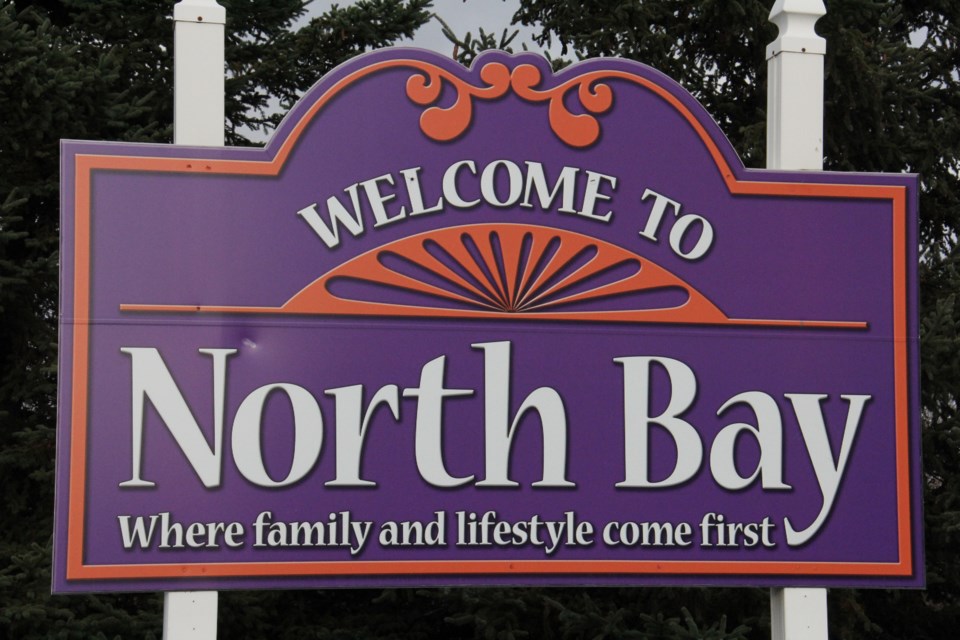In October 2015, when North Bay was ranked as one of the worst two places to run a business in Canada, municipal leaders acknowledged the findings but were optimistic about turning things around.
Deputy Mayor Sheldon Forgette, was quoted here in a BayToday article from October 2015, with his thoughts on the report:
"Deputy Mayor Sheldon Forgette told us he's not surprised at the city's ranking, 'We have a lot of work to do in North Bay. It shows that we need to start focusing even more on economic development.
'Council is on the right track with economic development," Forgette continued. "We're getting the ball rolling, but we still have more work to do and economic development investments to make.'"
One year later, according to the newest Canadian Federation of Independent Businesses (CFIB) rankings, North Bay is still 120th, but the city's scores in the categories of "Presence," "Perspective," and "Policy," have decreased overall, and the city's business prospects are deemed to be "Weak," in all three categories.
The CFIB employs 14 indicators drawn from published Statistics Canada sources. The report also states that "the index also contains direct perspectives from CFIB's membership, which numbers more than 109,000 business owners across Canada."
From the 2016 CFIB report, the 14 indicators are grouped into three main categories:
Presence is a representation of the scale and growth of business ownership.
Perspective covers indicators associated with optimism and growth plans.
Policy represents indicators associated with the actions local governments take with respect to business taxation and regulation.
North Bay scored 5.6/25.0 in Presence, 12.8/35.0 in Perspective, and 23.6/40.0 in Policy for a 42.0/100.0 index, down 1.8 points from 2015.
The top-ranked community in 2016 is Collingwood, Ont., which scored 18.8, 23.4, and 29.9 respectively, for a grand total of 72.0.
Surely sky-rocketing electricity rates are a contributing factor to North Bay's low rank, but the high prices are not affecting cities across the province.
Other notable Ontario cities and their places in the rankings include Barrie (6th), Owen Sound (59th), Sudbury (88th), Orillia (91st), Sault Ste. Marie (92nd), and Timmins (104th).
Ted Mallett, Vice-President & Chief Economist of CFIB said in 2015 that, "Our members have repeatedly said the cost of doing business, and the cost of complying with regulations are really the two major areas that municipal governments do have control over, and if we're able to get movement on those things then that's great."
On what new businesses would thrive in the area, Mallett explained that, "The North Bay community is going to do well in the types of businesses that really are served well by the junction of the highways or the airport, but there has to be other activity that justifies a lot of traffic at the airport as well. It needs that kind of virtuous circle. When good things start happening at the small level, then they start happening at the medium size, and then large businesses can take over."
The 2016 "Entrepreneurial Communities," report details the criteria that make for a successful business environment. To wit, "Every city has a different reason for being, but local governments all have an interest in enabling growth and development.
"Many businesses are concerned about how government spending can affect taxes in the long run because a heavy tax burden increases operating costs and reduces businesses' chances of succeeding.
"Regulatory burden is the second-most important issue for small business owners as it generates high costs to business owners in terms of time and money. The higher the proportion of business owners who cite regulatory burden as an issue, the worse off municipalities are in creating a sound environment for businesses."
As famed art authenticator, Bernard Berenson once said, "Consistency requires you to be as ignorant today as you were a year ago." Mind you, many of Berenson's authentications were later questioned as it was suggested that he was often influenced by the highest bidder.



